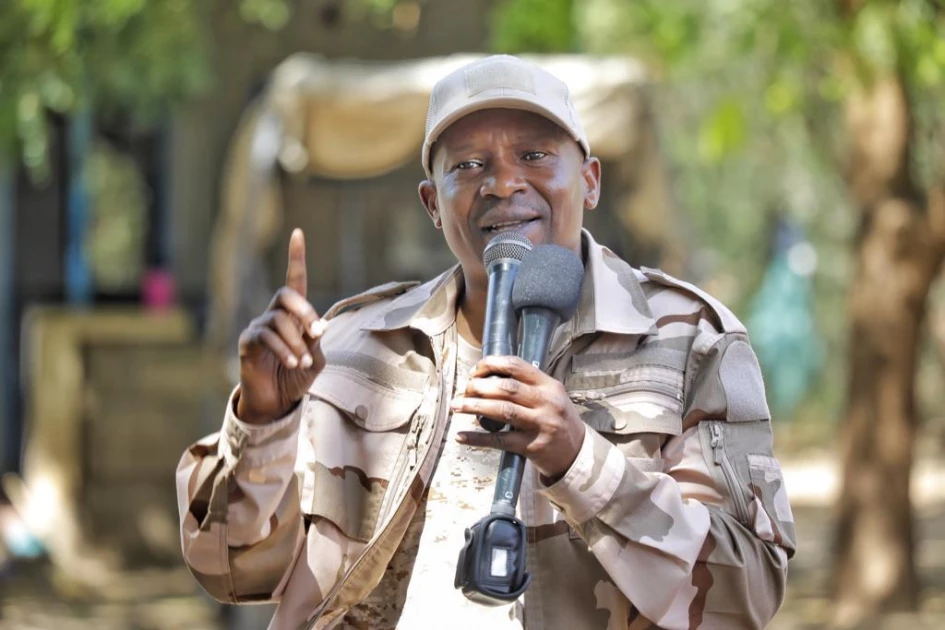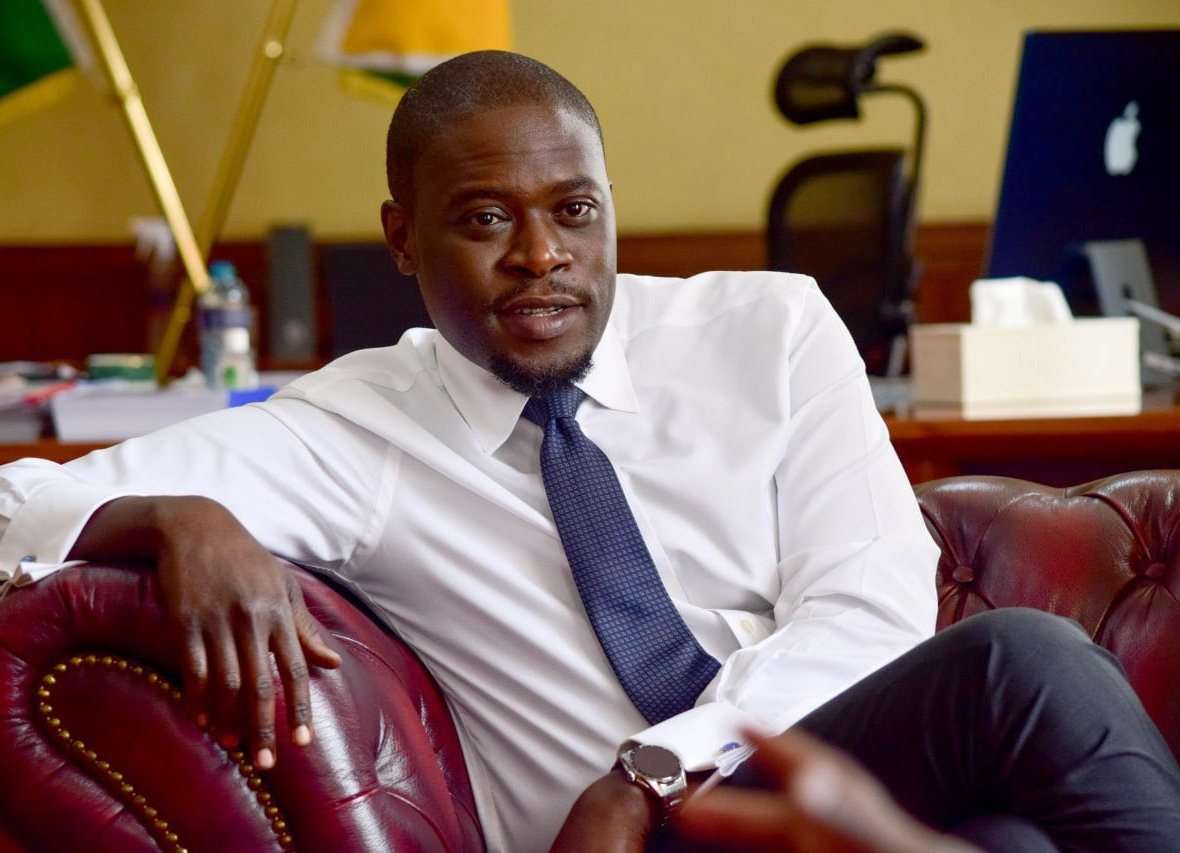Constitutional lawyers and opposition MPs have condemned Interior Cabinet Secretary Professor Kithure Kindiki’s directive to arrest youths who heckled President William Ruto during his tour of Bomet over the weekend. Terming the order as unconstitutional, the move has sparked outrage, especially within the League of Fraternity and the Azimio camp.
The arrest order led to the apprehension of two suspects in Bomet, with authorities expected to pursue the financiers behind the heckling incident. Critics argue that Kindiki’s directive represents an alarming trend toward authoritarianism and undermines the freedom of expression guaranteed by the Constitution.
Rarieda MP Atiende Omollo expressed concern over what he views as an attempt to stifle dissent and return the country to dictatorship. He emphasized that heckling, while discourteous, is a form of freedom of expression and suggested that addressing the concerns of the people should be a priority for the government. The incident, which saw President Ruto facing hecklers in his backyard, prompted swift apologies from Bomet County leaders, who urged the president to take decisive action against those responsible for the disruption.
Constitutional experts assert that heckling is protected under Articles 33 and 37 of the Constitution, which guarantees freedom of expression and the right to picket. Despite this, the debate on whether heckling constitutes a legitimate form of speech remains divisive, with calls for security officials to preemptively prevent such incidents during political gatherings.
As tensions escalate over the perceived infringement on civil liberties, the fallout from Kindiki’s arrest order shows the delicate balance between maintaining order and safeguarding constitutional rights in Kenya’s political landscape.





